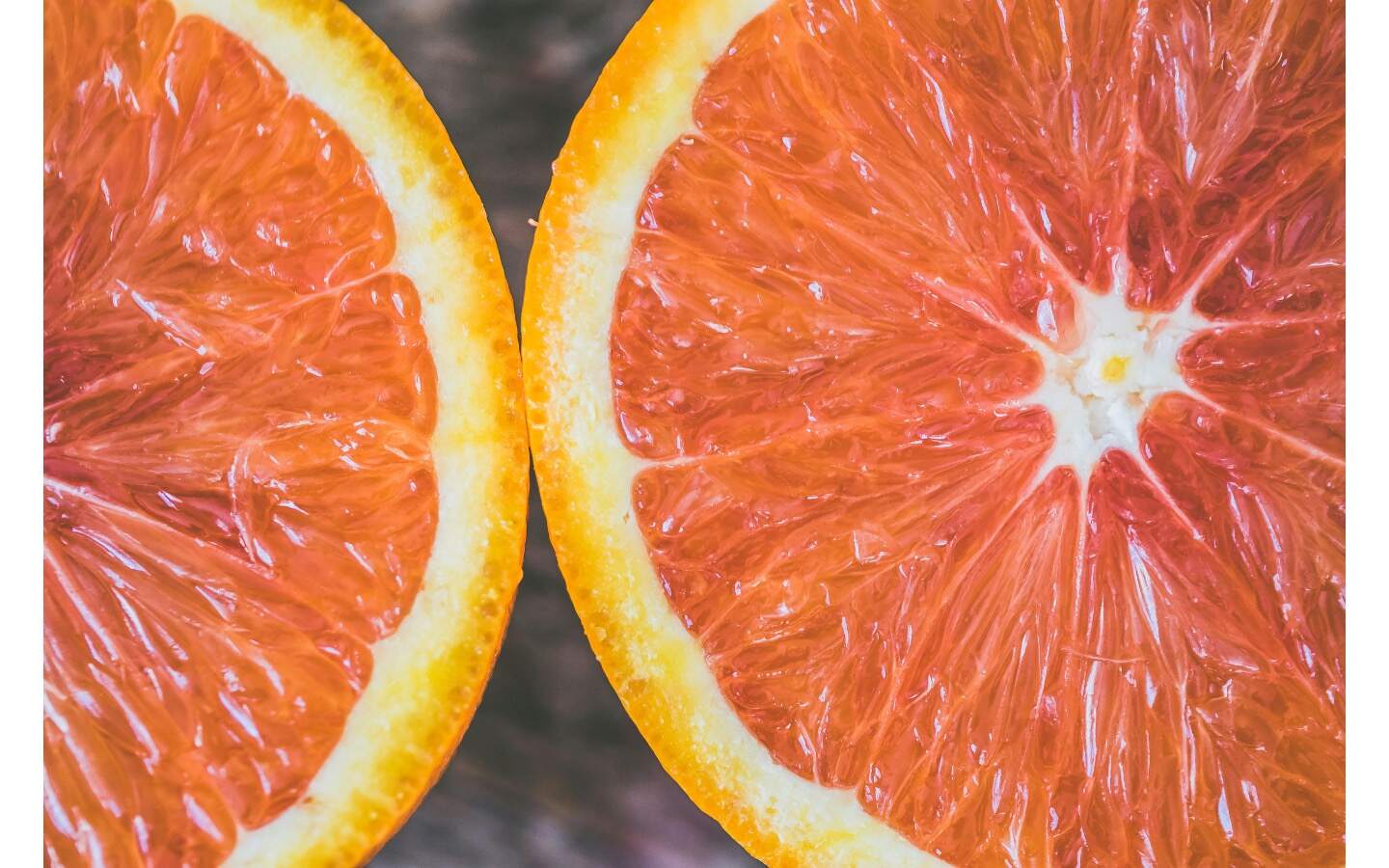
Citrus vs. Depression?
How Citrus Fruit Can Fend Off Depression
We are becoming more and more aware of the influence of our gut microbiome—the bacteria that live in our digestive systems—over all facets of our health. Our intestines’ relationship with these microscopic helpers has recently been linked to risk factors for Parkinson’s, Multiple Sclerosis, and autoimmune and mood disorders(1), among other conditions. Earlier this year, researchers at Massachusetts General Hospital and Harvard Medical School explored a significant correlation found between a citrus-heavy diet and decreased rates of clinical depression diagnosis(2). They used an extensive data set from the long-term Nurses Health Study II to answer a simple but difficult question:
How does citrus fruit help prevent depression?
They found the answer in a specific species of gut bacteria! Lower depression rates AND higher citrus intake were reported by subjects with higher gastrointestinal levels of a common bacteria called F. prausnitzii(3), so researchers looked further into this bacteria’s metabolism. They identified a specific metabolic pathway utilized heavily by these bacteria that happens to directly affect the ways our bodies detect and regulate serotonin levels. Increased activity by this bacteria leads to decreased degradation of serotonin and dopamine, neurotransmitters that tend to have a positive effect on our mood.
How much citrus should we eat?
In an interview with the Harvard Gazette, the lead researcher said that one orange a day could lower the risk of depression by around 20 percent (4)!
What else can we do to combat depression?
While this connection between our gut bacteria and our serotonin levels is fascinating and opens up countless new avenues of research, our best resources for modulating depressive symptoms are still our mental health professionals. This summer, don’t hold back on the citrus, but also continue to consult your doctor and/or mental health professional if you have any concerns!
Additional Resources:
- For the New York Times’ tips on finding a mental health professional, click HERE
- For a current directory of therapists and psychologists in your area, click HERE
By Joanna Binney

